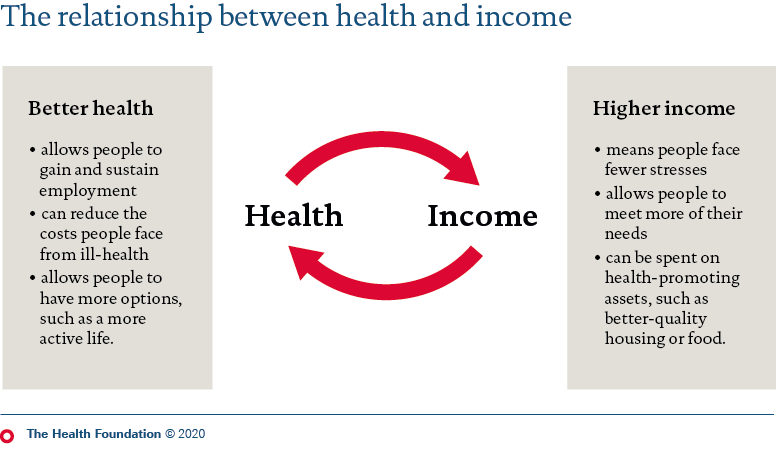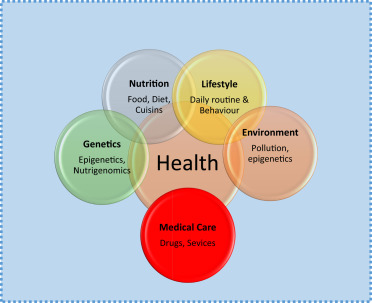You Health Affects Your Income: The Symbiotic Relationship Between Health and Income

The relationship between health and income is a dynamic and symbiotic one. While wealth and prosperity are often associated with financial success, it’s crucial to recognize the profound influence that health exerts on one’s ability to earn and accumulate income.
A lot of people ignore their health while trying to secure a better income only to find that they should have first considered their health.
A healthy individual is better positioned to navigate the challenges of a demanding professional landscape, leading to increased earning potential and financial success.

Recognizing and prioritizing physical and mental well-being is not just an investment in one’s health but also a strategic move toward building a prosperous and sustainable financial future.
Here’s how your health determines how much you make and whether you’ll keep it or not.
- Physical Health:
The foundation of a successful and lucrative career is often built on a sound physical health base. A healthy body is more resilient and better equipped to withstand the challenges and demands of a competitive professional environment.
Individuals with good physical health tend to have higher energy levels, increased productivity, and a greater capacity to handle stress. These factors contribute to improved job performance and can lead to career advancement, promotions, and increased income.
Moreover, a healthy lifestyle can help prevent chronic illnesses and reduce the risk of absenteeism. Employees who consistently show up for work are more likely to be recognized for their dedication and reliability, potentially leading to salary increments and other financial rewards.
- Mental Health:
The interplay between mental health and income is increasingly recognized as a critical factor in overall well-being. Mental well-being influences cognitive function, decision-making, and interpersonal relationships, all of which are integral to professional success.
Individuals with good mental health are often more focused, creative, and adaptable. They can navigate challenges with resilience and maintain a positive outlook even in the face of adversity.
This emotional intelligence can be a valuable asset in the workplace, enhancing leadership skills and fostering collaborative efforts. Employers are increasingly recognizing the importance of mental health, with some companies implementing initiatives to support and promote the well-being of their workforce.
Conversely, poor mental health can lead to decreased productivity, absenteeism, and even long-term disability. This can hinder career progression and limit income potential.

Addressing mental health concerns is not only beneficial for the individual but also contributes to a more positive and productive work environment.
- Preventive Healthcare and Financial Planning:
Investing in preventive healthcare measures can have a significant impact on long-term financial stability. Regular health check-ups, a balanced diet, and exercise contribute to disease prevention and early detection.
By avoiding costly medical treatments and maintaining good health, individuals can save money that might otherwise be spent on healthcare expenses.
Furthermore, a healthy lifestyle often translates to lower health insurance premiums, reducing the financial burden associated with medical coverage. This prudence allows individuals to allocate more resources towards savings, investments, and other wealth-building endeavors.






